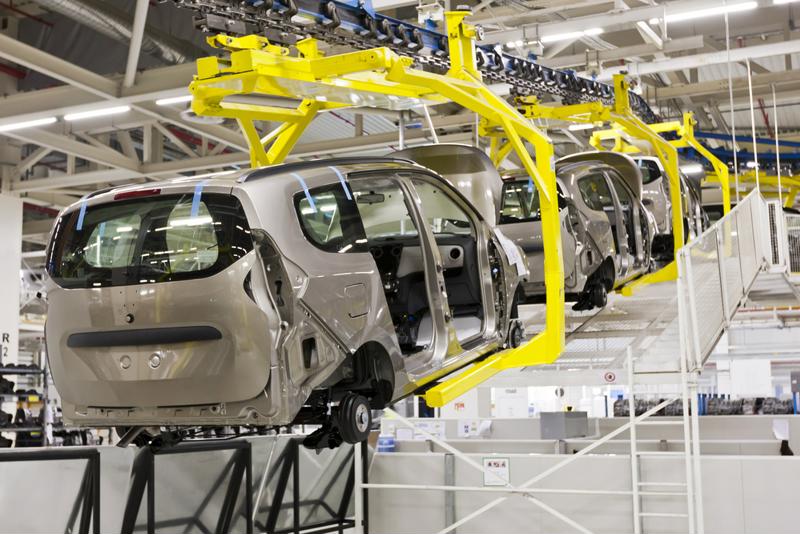As reported by Bloomberg, Munich-based firm Roland Berger believes the chip capacity constraints that are plaguing supply chains are poised to persist for the entirety of 2022, if not longer. In the consultancy's view, much of this has to do with chipmakers failing to invest in the resources that can upgrade obsolete semiconductors so they have the capabilities that current technologies require.
Because of this, developers need to optimize some of their production processes, Roland Berger advised. Doing so is especially important for automakers, perhaps more than any other industry that relies on semiconductors.
"Most importantly, carmakers need to speed up the transition to centralized electronic architectures and thereby move to advanced and leading-edge nodes," the consultancy advised, according to Bloomberg.

New-car prices have soared
Few industries have felt the ramifications of the chip shortage to the extent that automakers have. In many ways, cars have become oversized personal computers; their safety features, the engine and the transmission all depend on semiconductor technology. And since chips are so hard to come by, inventory levels have dwindled considerably for major nameplates like Toyota, Ford, General Motors and Honda, among others. With demand still intense, supply constraints has pushed prices higher. Indeed according to estimates from vehicle valuation firm Kelley Blue Book, average transaction prices among new-car models jumped 13% in November compared to the corresponding month in 2020. Among non-luxury vehicles, the typical new car sold for $43,144, which was approximately $900 more than the manufacturer's suggested retail price.
The paucity of semiconductors isn't the only challenge for automakers. The same goes for rubber, resins and several metals. At a recent event in Paris, Alexandre Marian of AlixPartners noted that the limited availability of these raw materials have substantially cut into manufacturers' profits, losing billions in sales, Bloomberg reported.
Titans in the automotive world have experienced supply chain frustrations firsthand. In October, for example, Toyota produced a total of 627,452 vehicles, Forbes reported. That's down from 845,107 a year ago. Sales also slumped on a year-over-year basis, falling 20%.
Stakeholders at Toyota are confident the shortage won't persist for too much longer. Marian of AlixPartners is similarly sanguine on this issue, expecting things to normalize in the second or third quarter of 2023. Steady headwinds, however, could frustrate that timeline, as well as other contributing factors.
"But it's the tree that's hiding the forest and we'll see other shortages emerging," Marian said.



Post A Comment:
0 comments so far,add yours